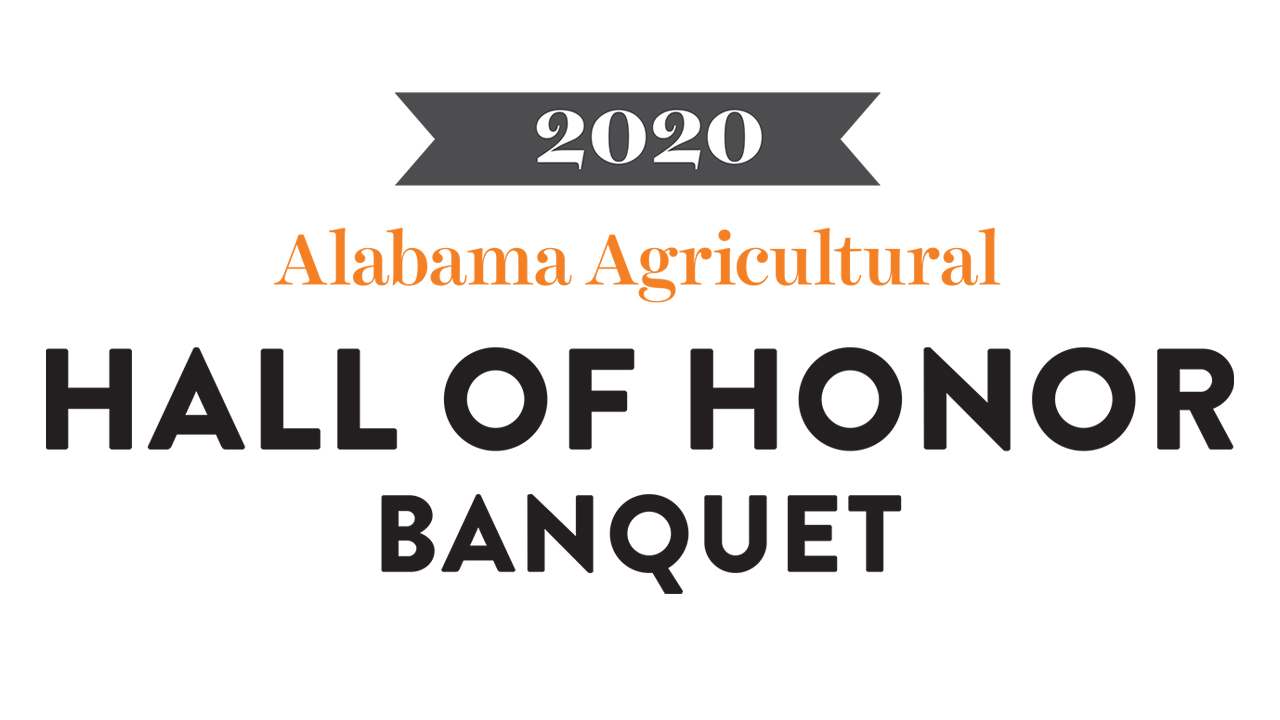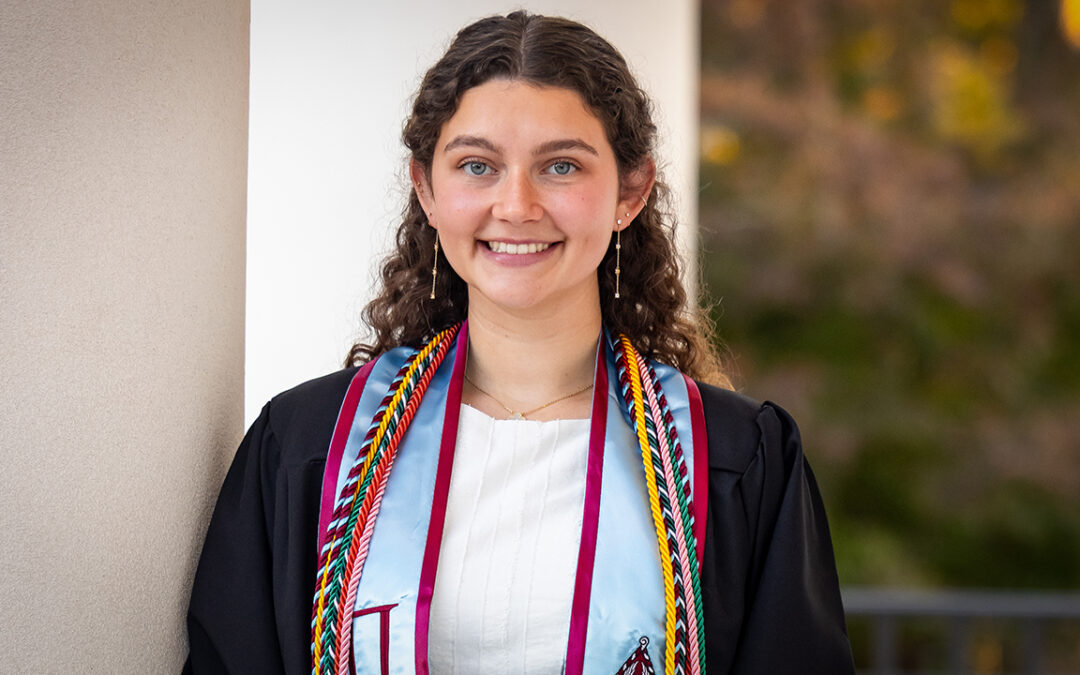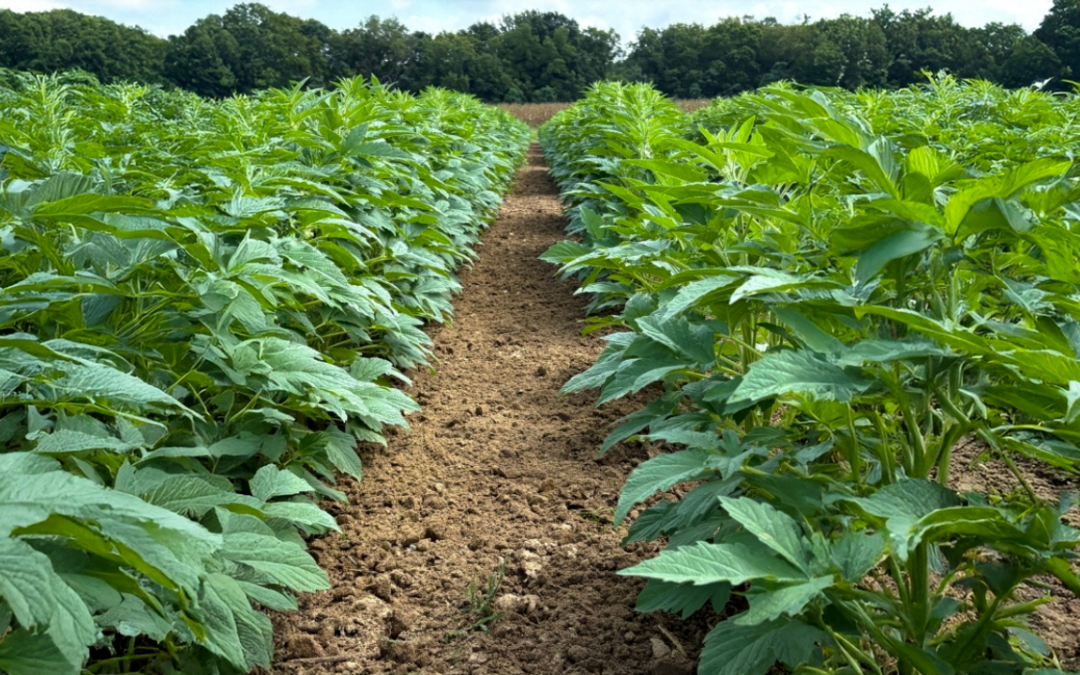By Paul Hollis / Jan 10, 2020 4:41:09 PM
College Students, ACT Tests, Events
Auburn University’s College of Agriculture and Agricultural Alumni Association will recognize and celebrate five Alabamians for their significant contributions to the state’s agriculture industry through the years during the 2020 Alabama Agriculture Hall of Honor banquet Thursday, Feb. 6, at the Auburn Marriott Opelika Hotel and Conference Center at Grand National.
Tommy J. Brown of Clanton, Val Ivey of Birmingham and W. Gaines Smith of Auburn will be inducted into the Hall of Honor, bringing to 118 the number of individuals who have achieved membership since the Hall of Honor’s establishment in 1984. The late Ralph Lovelady of Randolph and the late Richard Dale True of Greenville will be honored as Pioneer Award recipients.
Brown, inductee in the production sector, spent 32 years with the Alabama Cooperative Extension System serving the people in Dale and Chilton Counties and the Blackbelt region of Alabama. After retiring from ACES in 2003, Brown served as genetic and marketing director for two large seedstock operations that produced superior bulls for beef producers in the Southeast.
Agribusiness inductee Val T. Ivey has had a successful 46-year career as an agricultural chemical company sales representative and manager with a passion for helping growers in Alabama and surrounding states protect their crops and livelihoods.
Smith, representing the education/government sector, retired as executive director of the Alabama Cooperative Extension System in 2011 after serving for three years as interim director and 10 years as director. During his 45-year career with Extension, he came up through the ranks having garnered experience at the county, district and state levels.
The posthumous Pioneer Awards will be presented to the Lovelady and True families. Lovelady was a true pioneer in Alabama cattle production. By paying close attention to genetics, forage production and keeping meticulous records, he developed one of the state’s top commercial cattle herds in the rolling hills of Chilton County.
True was a national pioneer in the catfish industry. Already in charge of dairy and cotton operations, True worked with business partners C.O. Stephens and Bryant Allen to start the country’s first commercial catfish hatchery, STRAL Company, in 1961. What began as a part-time enterprise soon developed into a full-time career.
Registration for the banquet will begin at 5:30 p.m., and starting time for the banquet will be 6:15 p.m. Tickets are $50 each and can be purchased online here. The deadline for purchasing tickets is Jan. 30. For more information on the event, contact Camille Davis at 334-844-1475 or jcb0127@auburn.edu.





